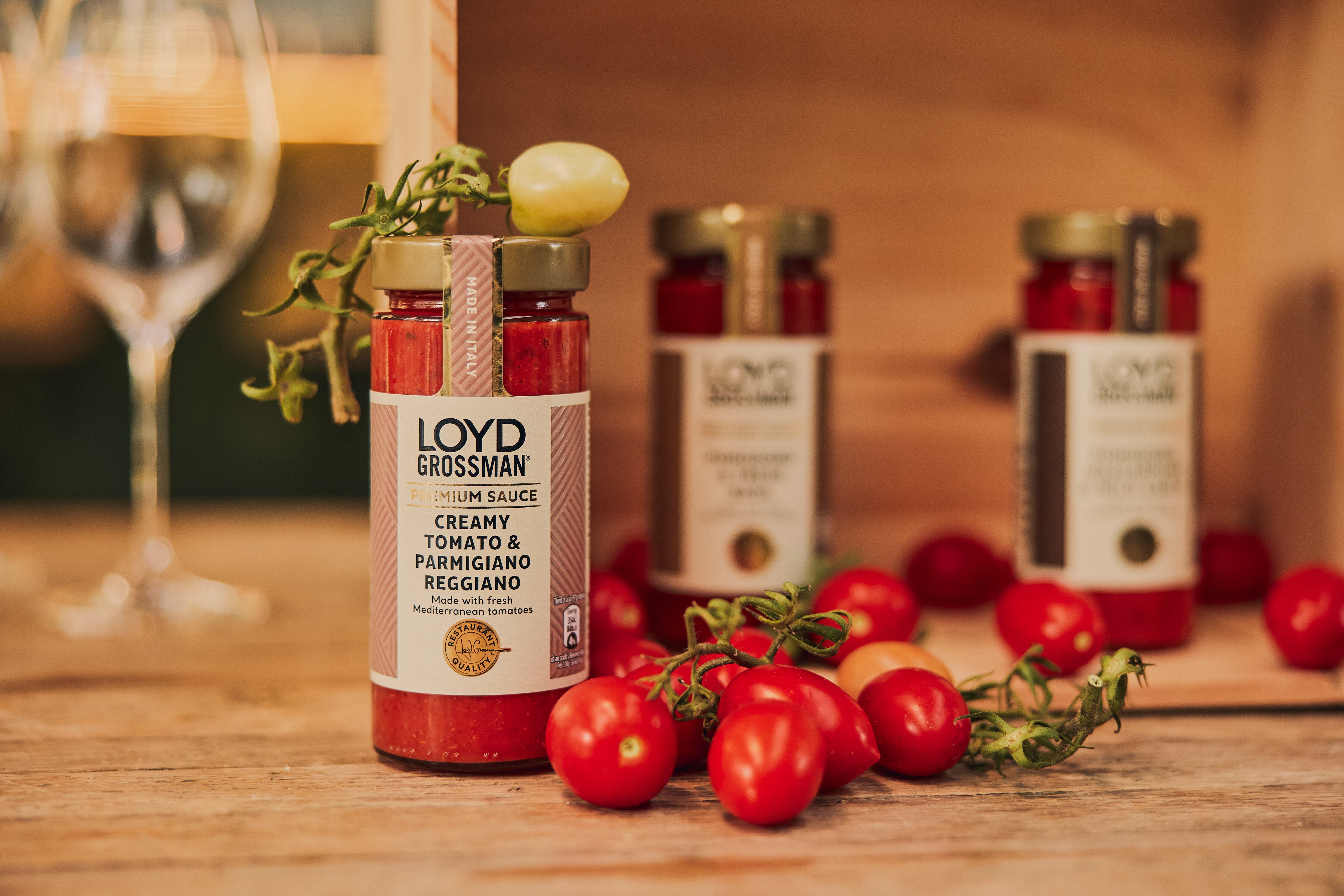As part of its latest investment, the company completed an overhaul of its pitta line to ensure it is able to speed up the production process and reduce waste.
The pitta line is one of five bread production lines at the family company’s London bakery, all capable of making different sizes, flavours and varieties of Dina Foods’ range of authentic breads.
This upgrade comes after the production line which produces Dina Foods’ traditional Khobez flatbreads, trademarked as Paninette, was revamped last year.
This fully automated line, which went operational in August 2024, has nearly doubled Dina Foods’ capacity. Output has increased from 5,000 pieces per hour to 9,000 pieces per hour, also reducing labour costs. The quality of the bread has also been enhanced, and downtime and wastage reduced, with energy efficiency increased, the company revealed.
Dina Foods also invested in an onsite nitrogen generator and new pipework to mix gas to supply its packing machines last year. It previously used CO2 cylinder banks, using bottles of compressed gas, which were exchanged when empty for filled gas. With gas now on tap, shelf life has been boosted and gas flushing costs reduced by 50%.
Other recent investments by Dina Foods include the installation of depth metre sensors to monitor the level of flour in its flour silos and the rate of consumption. Fully automatic readers relay the flour holding capacity to the Dina Foods team and its flour supplier. The company said having this level of data reduces transportation costs, as the silos can be filled just in time. The meter also prevents Dina Foods from risking any supply interruption.
Dina Foods’ managing director Suheil Haddad said that ongoing investment in the plant helps is helping to reduce production costs and improve efficiency, product consistency and quality, while also reducing its carbon footprint.
Haddad said: “We want to help our customers stand out by delivering high-quality, innovative, and healthy products at competitive prices. We are always looking at new ideas and potential enhancements in efficiency across our whole business.”
The London-based company, established in 1992, is privately owned and operated by the three Haddad brothers.



